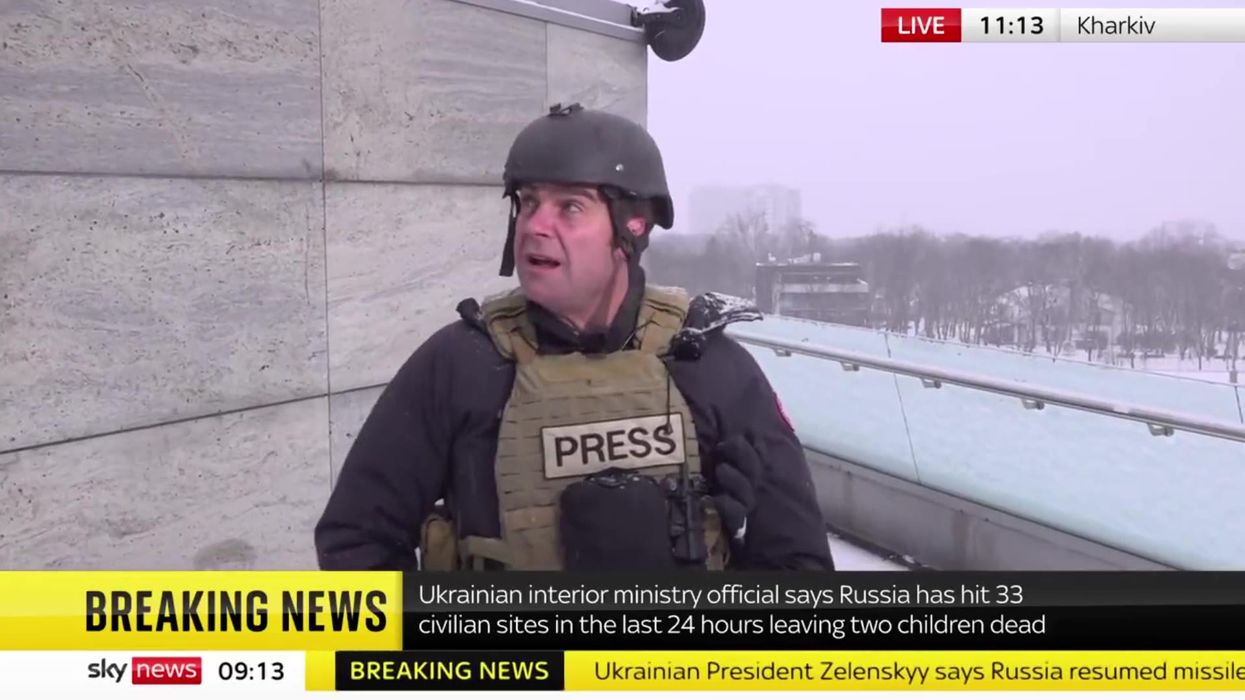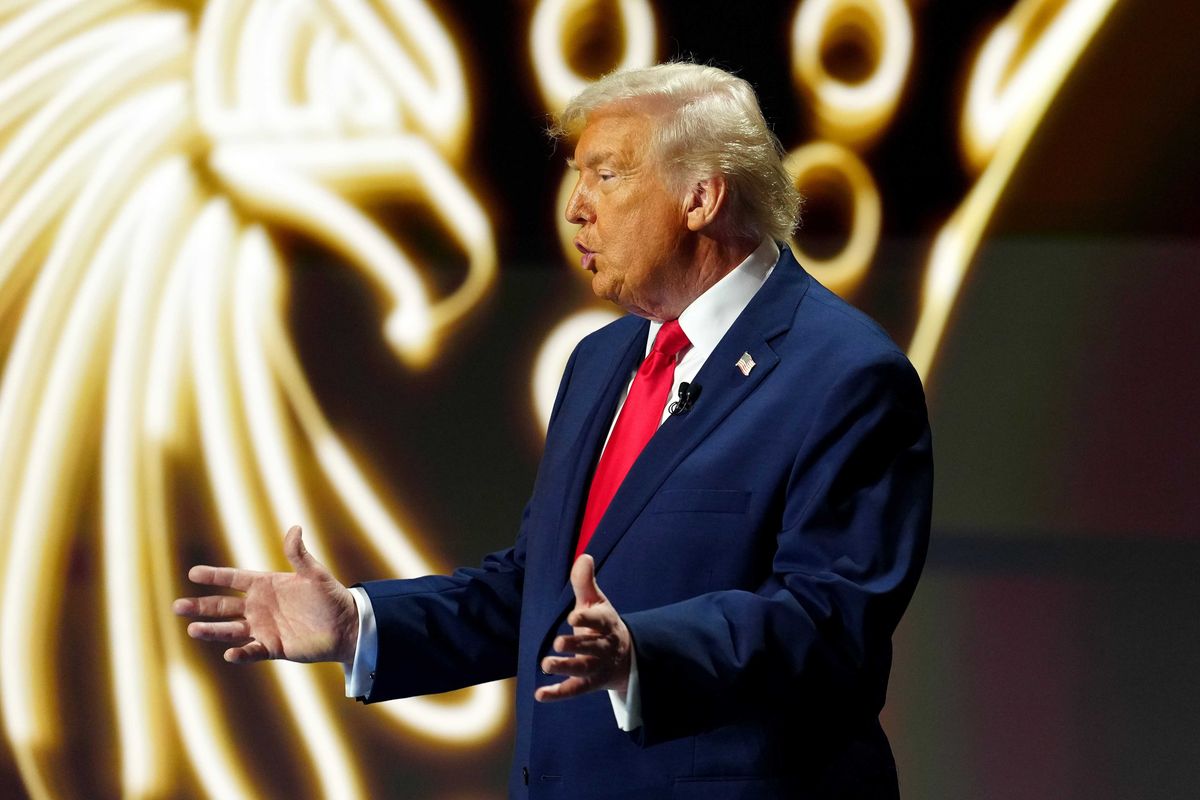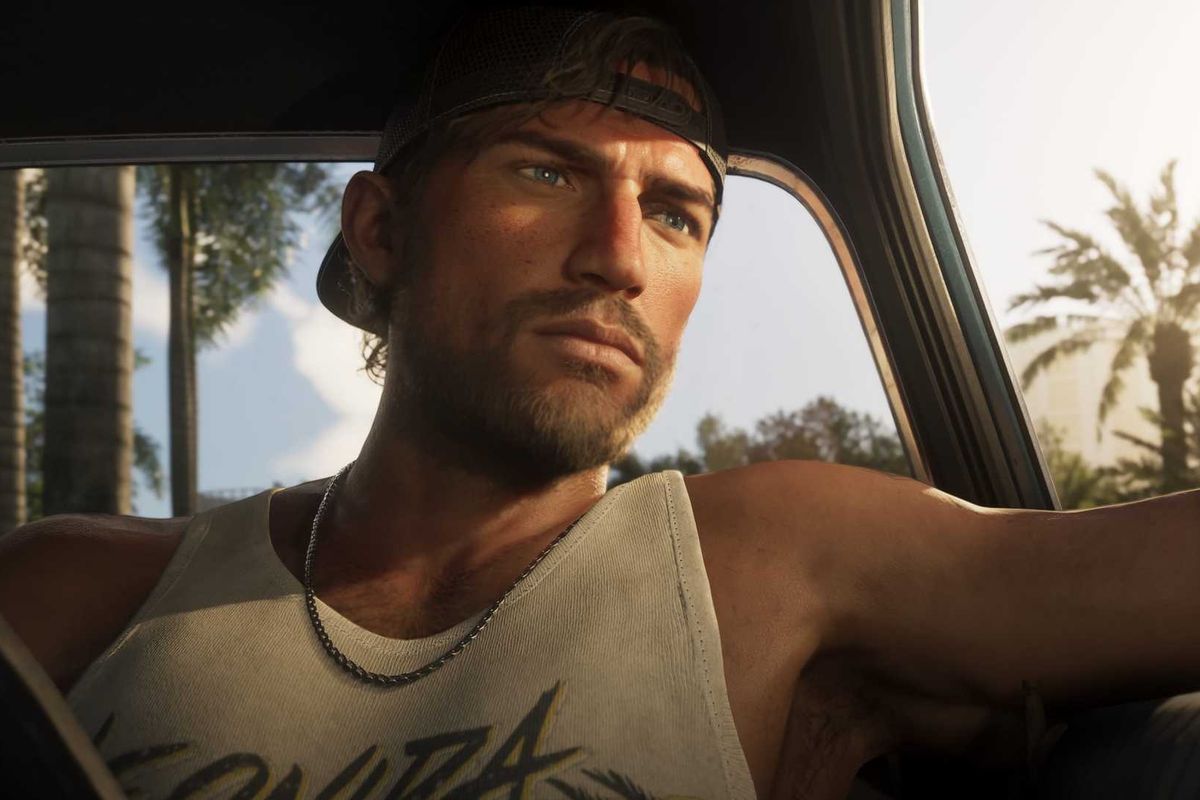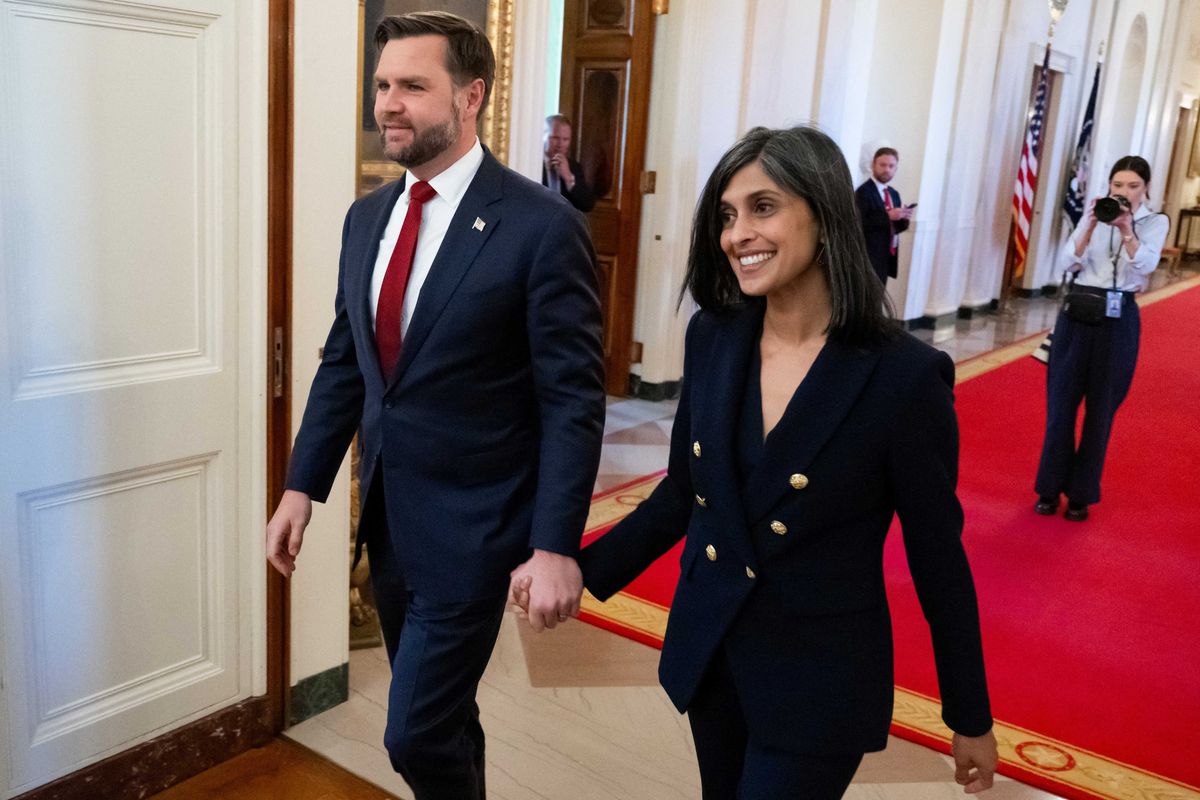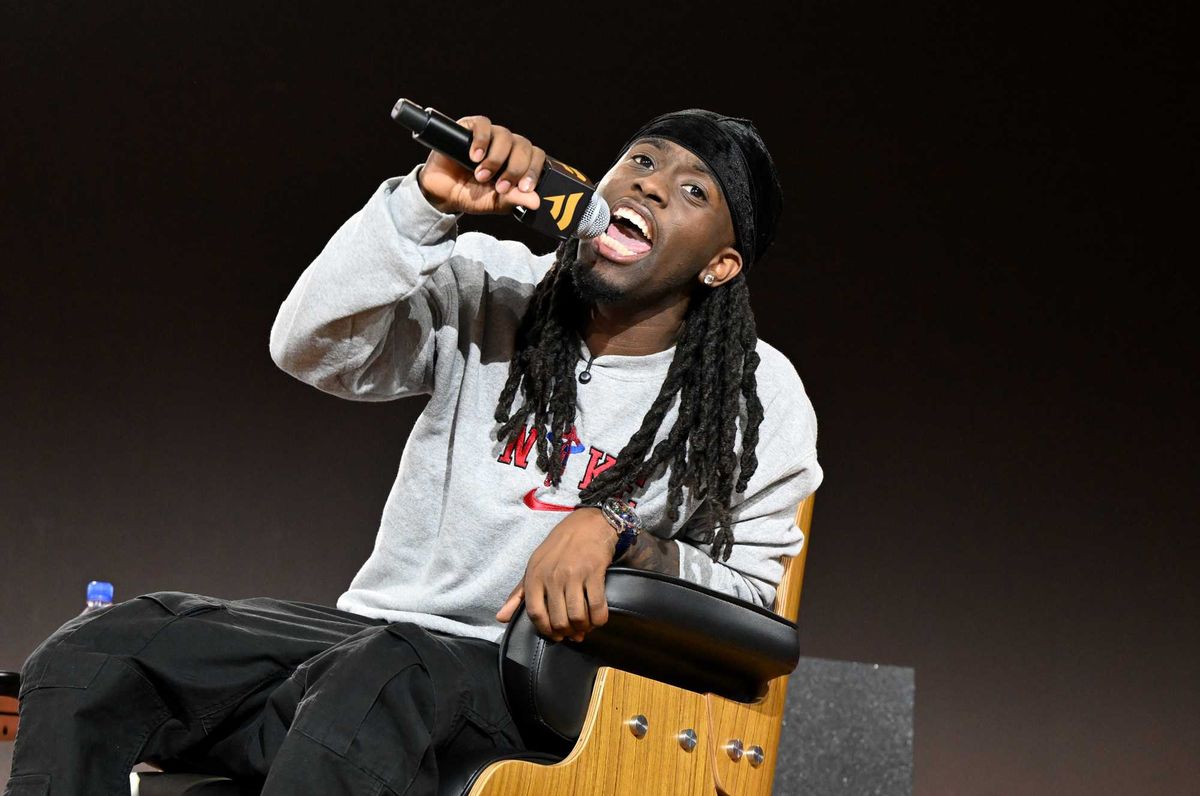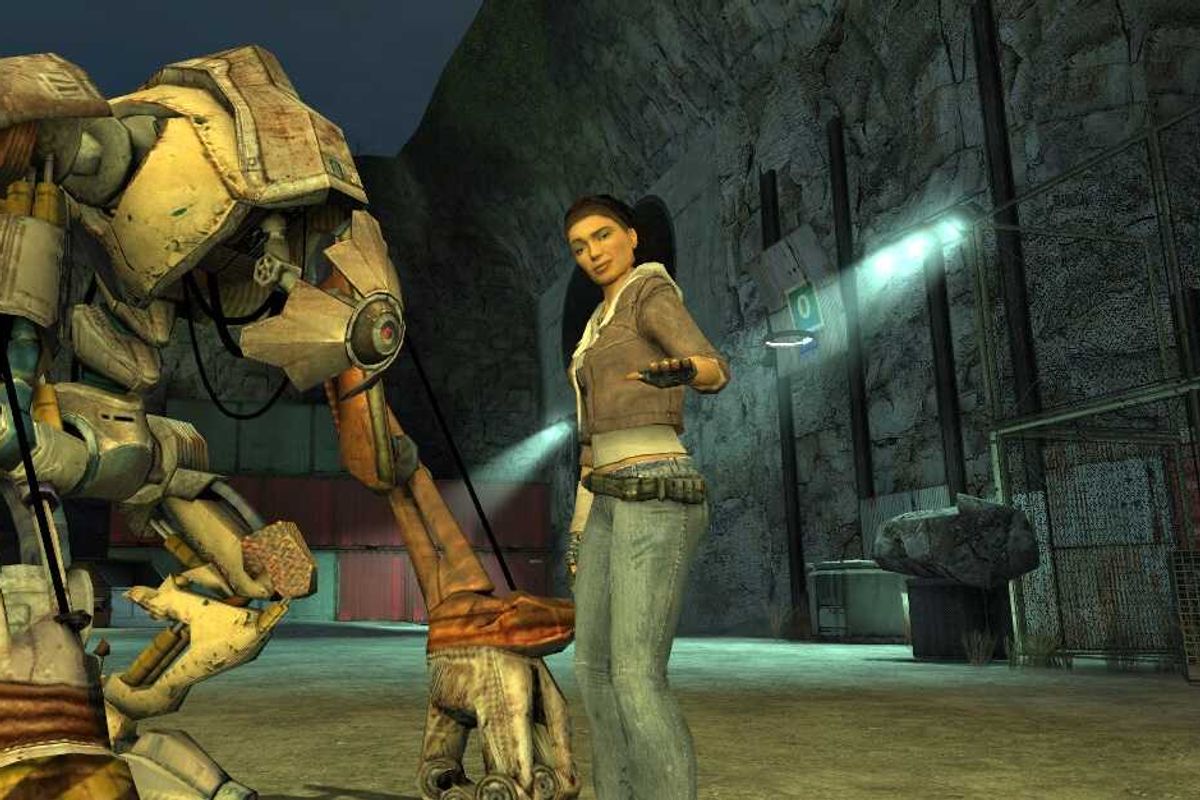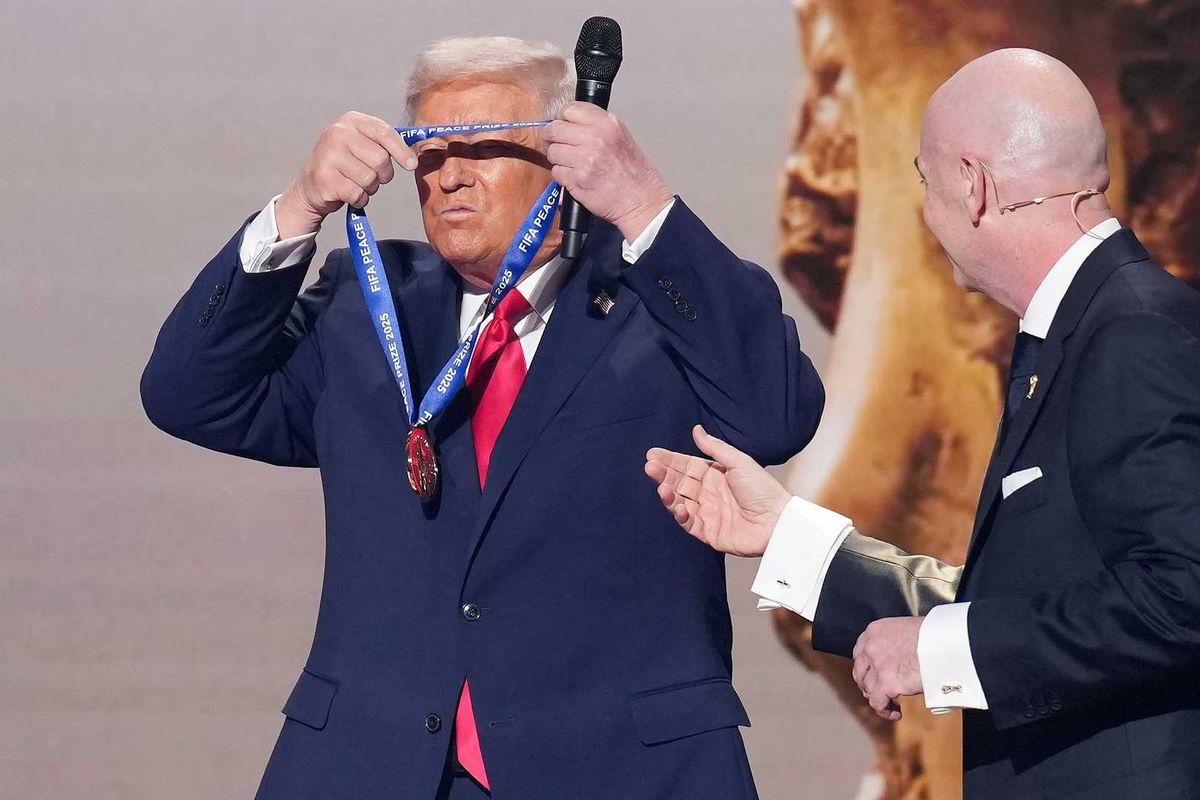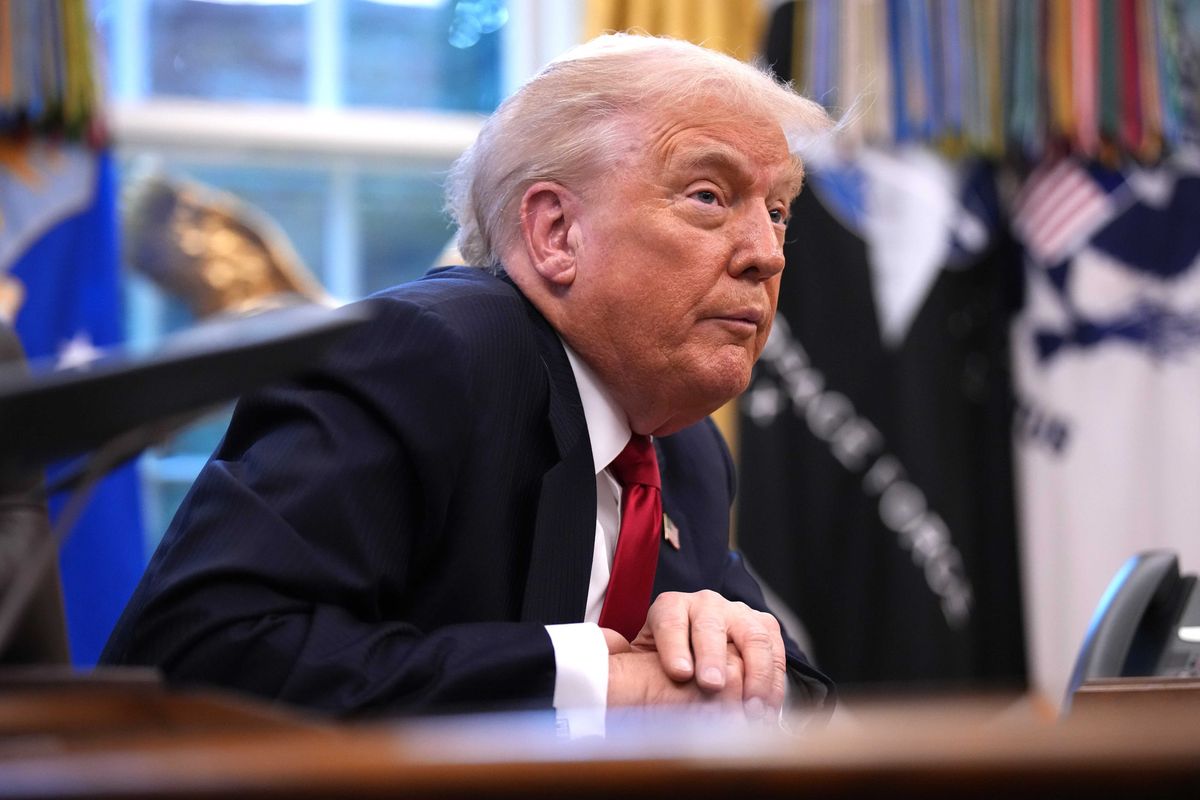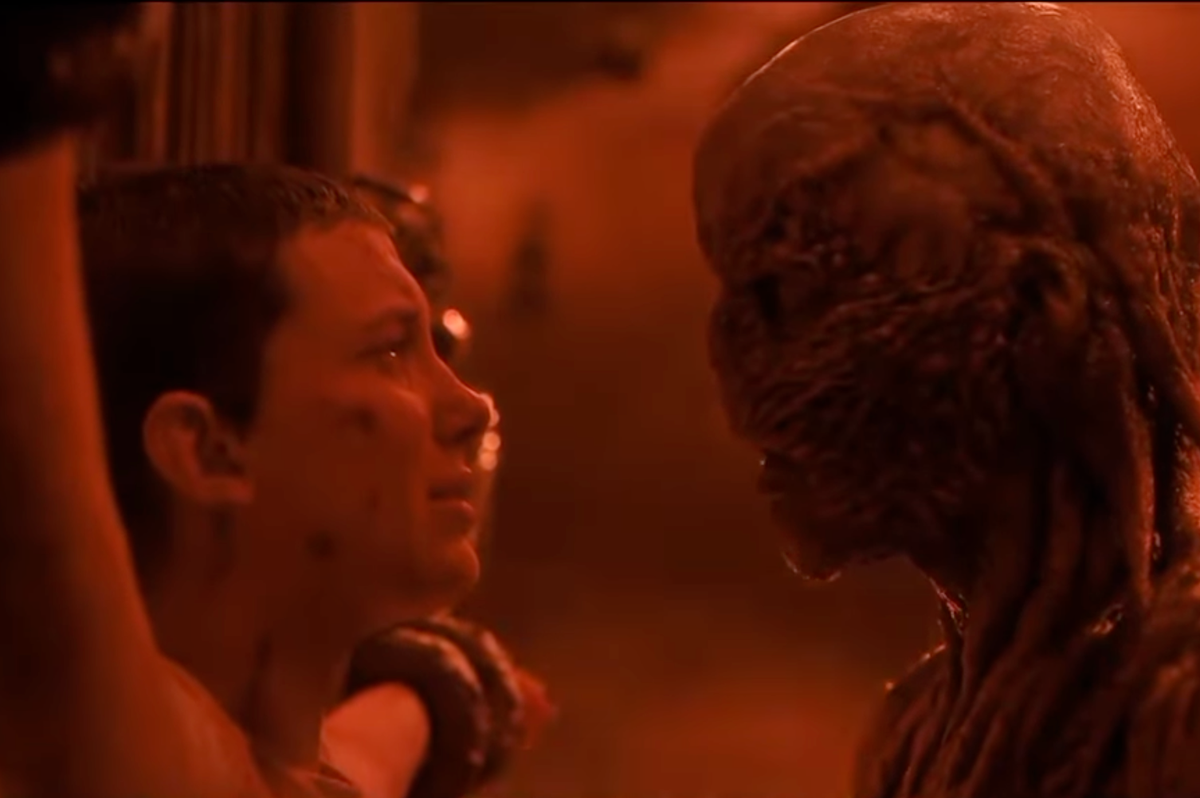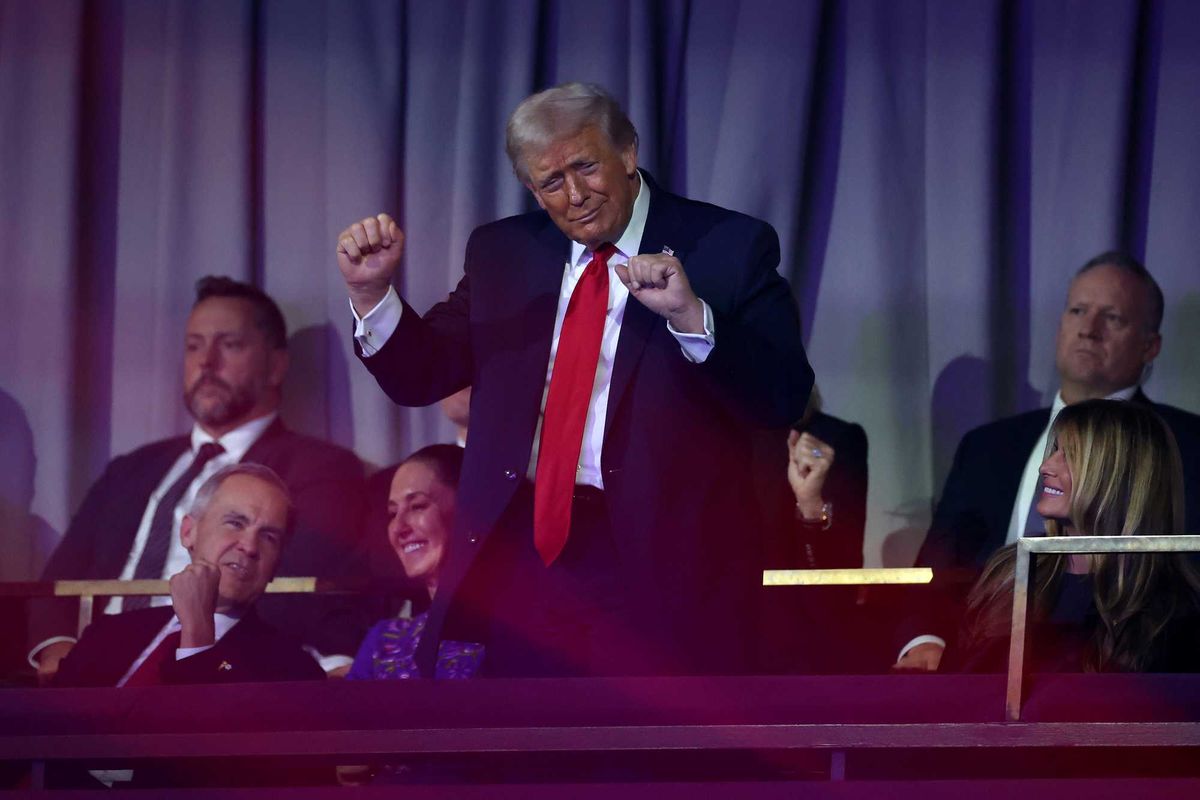Vladimir Putin declared war on Ukraine on Thursday, with explosions heard across the country.
The Russian president said he does not plan to occupy Ukraine and said the operation was to ensure a "demilitarisation" of Ukraine, as well as to "de-Nazify" the country, but the west and Ukraine regard it as war and the EU, UK and US are all issuing sanctions on Russia in an attempt to cripple its economy and force a retreat.
The Russian president has also warned other countries against interfering, saying it would lead to "consequences they have never seen."
But tensions did not start on Thursday and have been brewing over years. The BBC's' Ros Atkins broke down the 30 years of history in a concise clip that explains everything you need to know.
Sign up to our free Indy100 weekly newsletter
After today's invasion, we've seen lots of people asking how Ukraine became the front-line of tensions between Russia and the West. Here\u2019s 3 mins on how it happened \u2013 from the 90s to this week. Produced by Michael Cox, Priyanka, Deladia, Catherine Karelli https://www.bbc.co.uk/news\u00a0pic.twitter.com/DPBnp5zvJ3— Ros Atkins (@Ros Atkins) 1645728690
Here's a taste of what he said:
"Ukraine's independence came in 1991. The Soviet Union collapsed and as it splintered, a number of new nations emerged." He added that Ukraine was one of the largest, with 52 million people.
"In 1991, Ukraine celebrated their first election." Despite the enthusiasm "democracy couldn't change Ukraine's geography or its history." Ukraine was in the middle of Russia and three European Union countries: Poland, Slovakia and Hungary. "Being pro-Russia or pro-Europe became a fundamental dividing line in Ukrainian politics."
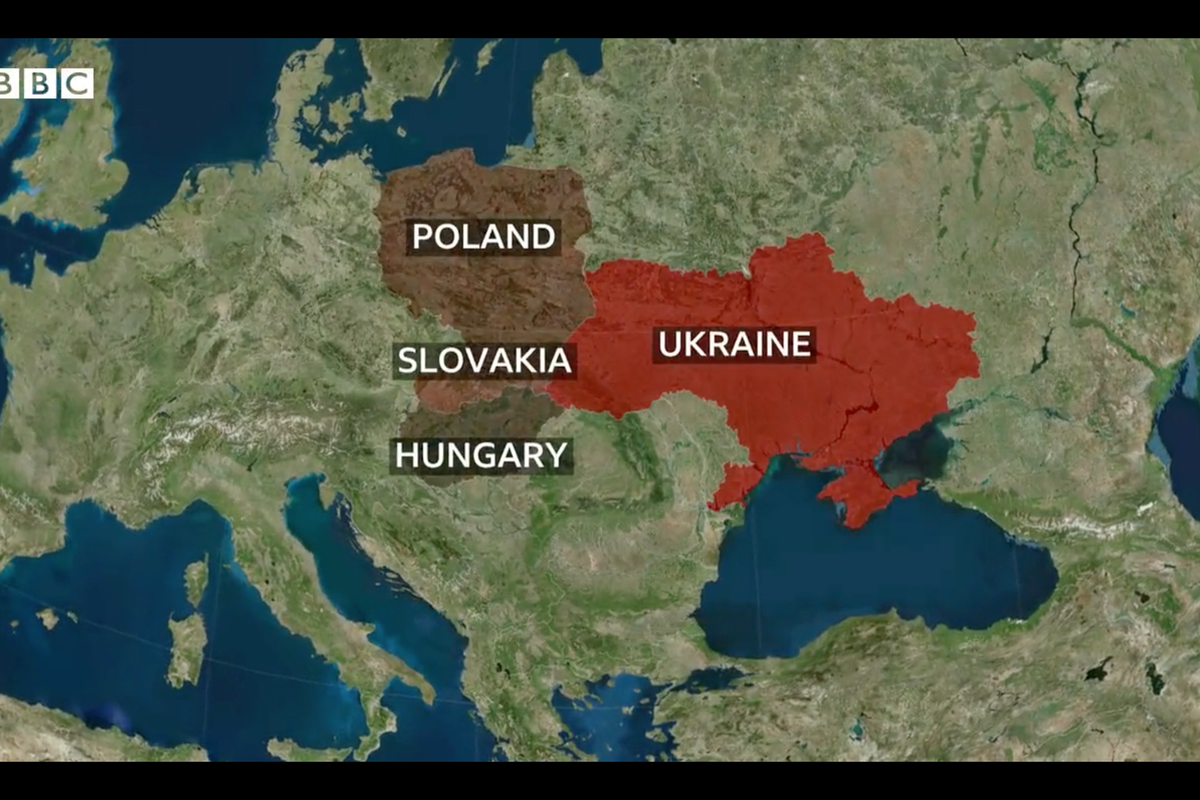
Months later, there were allegations of electoral fraud and an Orange Revolution began, a series of protests and political events in Ukraine from late November 2004 to January 2005. "Two men were the focus: Viktor Yanukovych, who was pro-Russia and who had initially been declared the winner, and Viktor Yushchenko, who was pro-Europe," Atkins added. Yushchenko became president after a new vote.
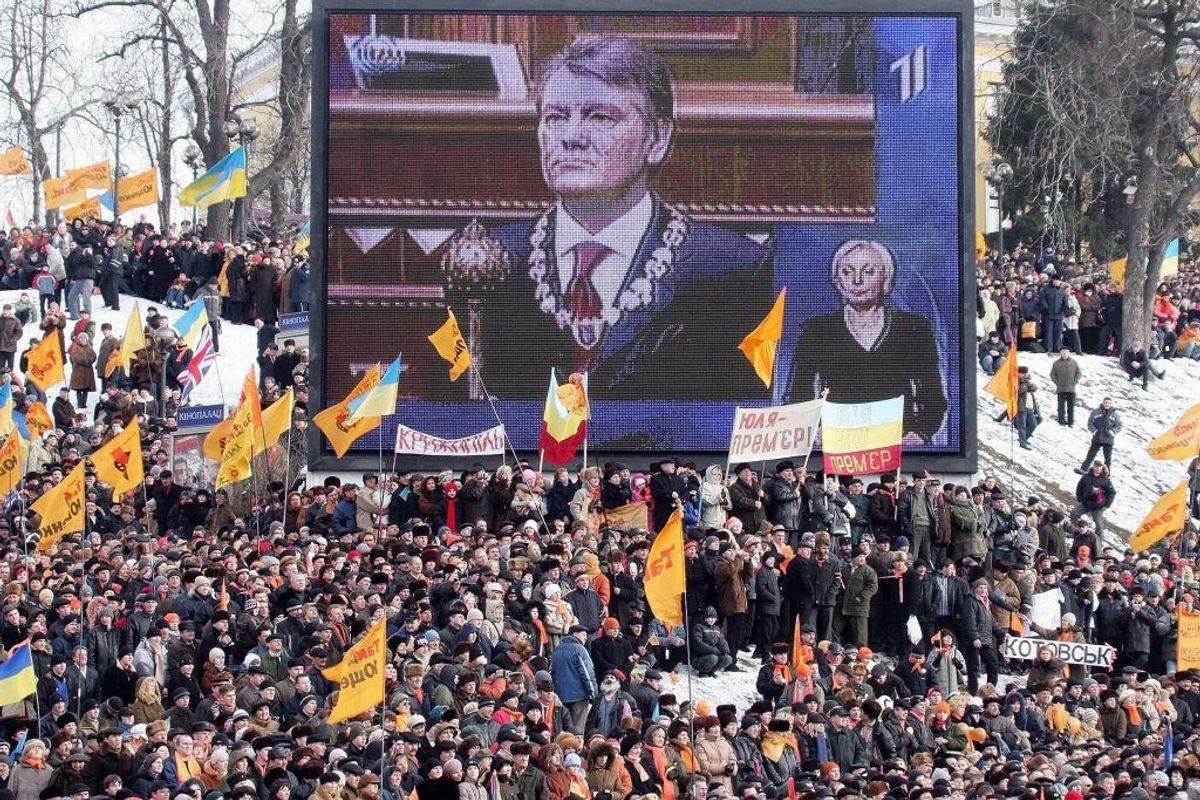
While that matter was settled – relations with Russia were not. "In 2010, there was a further twist: Yanukovych was re-elected."
In 2013, Yanukovych was supposed to sign an association deal with the EU, but it didn't happen. "Under pressure from Russia, Yanukovych walked away from that deal with the EU – and another revolution would begin."
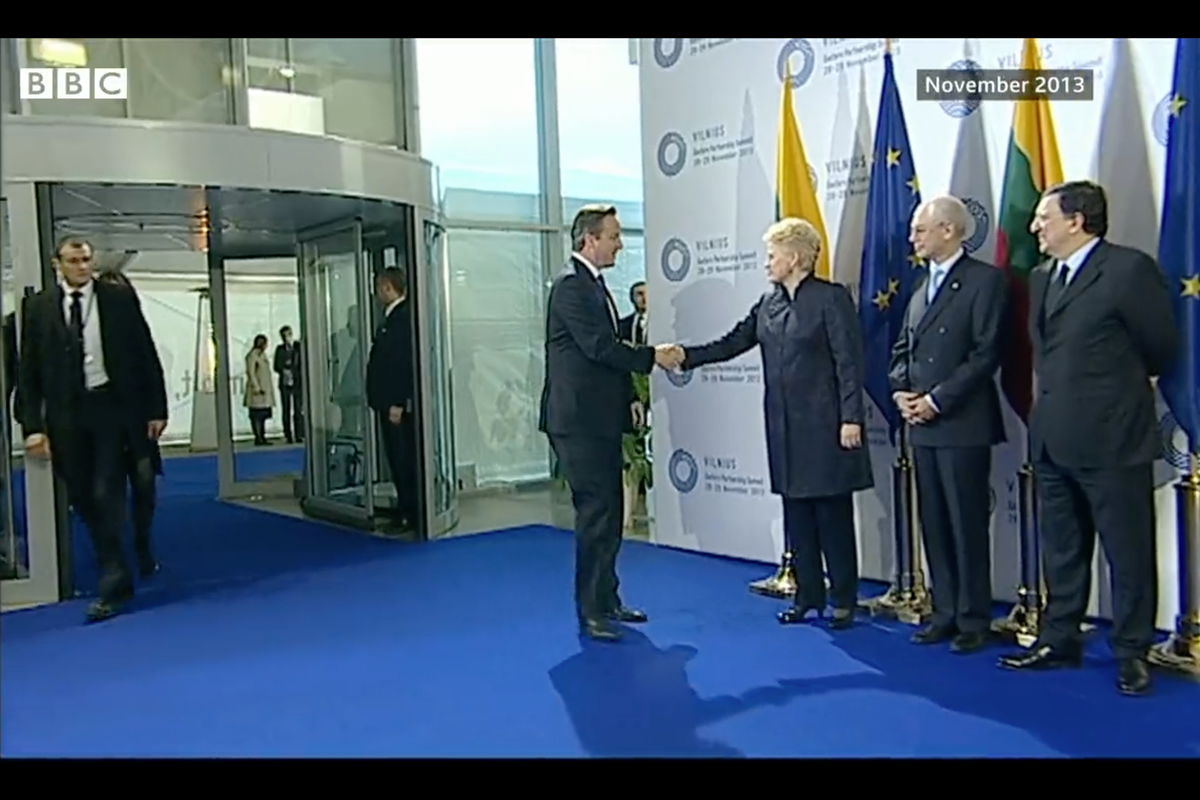
Protests led Yanukovych to flee to Russia, prompting Putin to act. The Russian president annexed Crimea and weeks later "pro-Russia rebels seized two regions in the East of Ukraine."
Despite a study revealing 68 per cent of Ukrainians wanted to join the EU, Putin said: "Russians and Ukrainians were one people – a single whole." Atkins suggested: "That perception may explain this invasion today, but perhaps, there's something else too."
Atkins then shared with a statement from current Ukraine president, Volodymyr Zelenskyy, who said: "Putin started a war against Ukraine, against the whole democratic world. He wants to destroy my country, he wants to destroy our country. Everything we've been building, everything we live for."
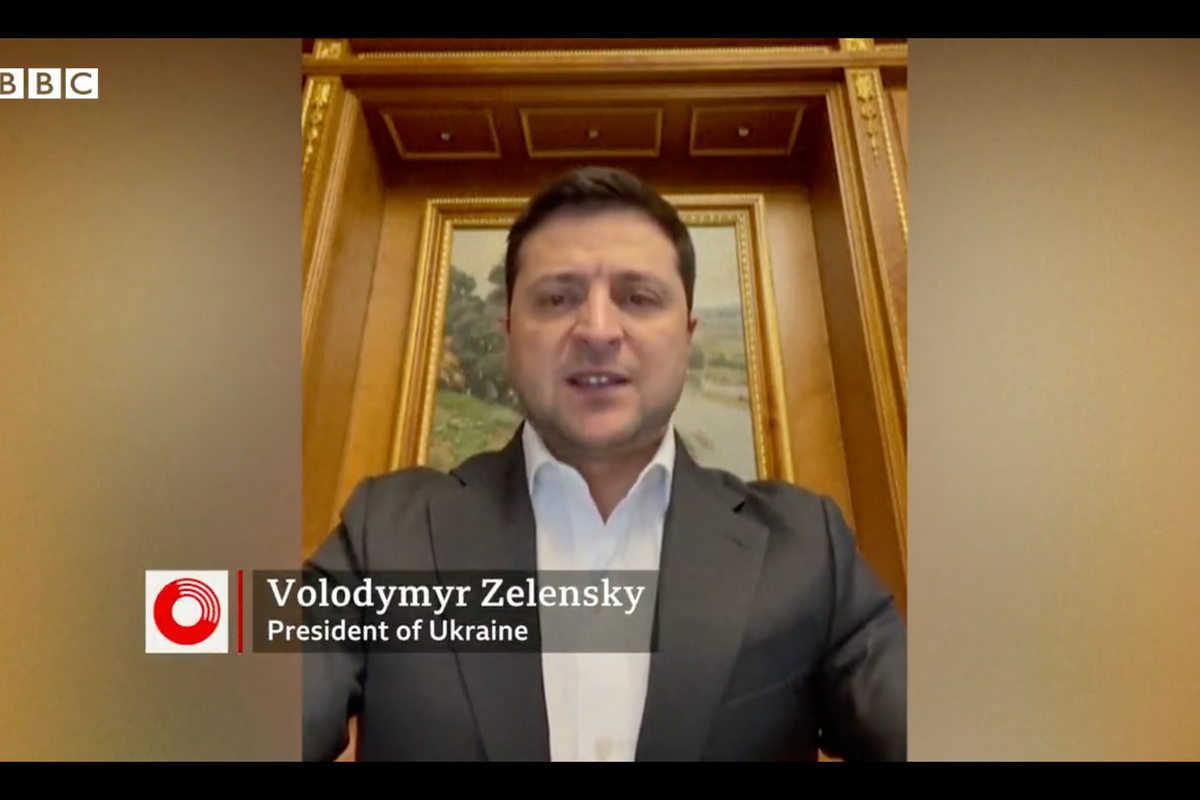
"That effort to build a nation began as Ukraine emerged from the Soviet Union and the end of the Cold War," Atkins concluded. "As Russia invades, Ukrainians' are seeing the extent of Putin's resentment of what happened then and what's happened since."
Pretty clear.
Have your say in our news democracy. Click the upvote icon at the top of the page to help raise this article through the indy100 rankings.
